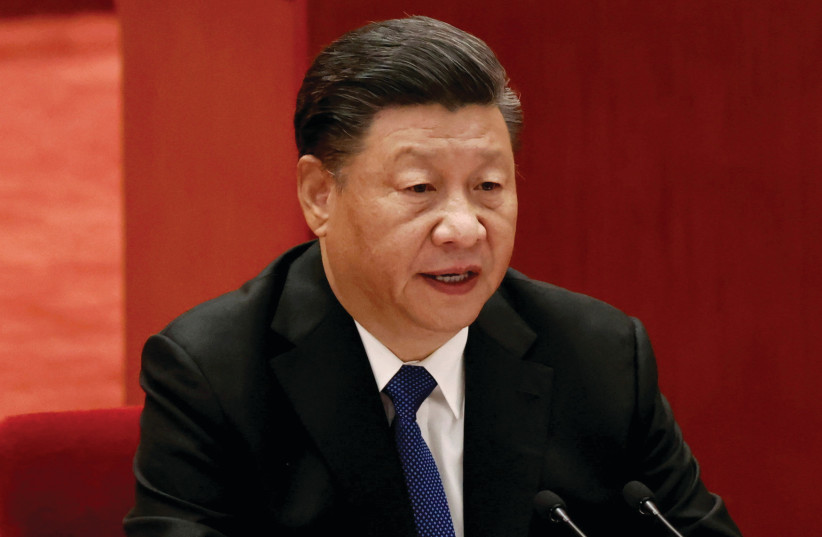The United States has for almost 15 years pivoted to the Indo-Pacific region, identifying China as its major strategic challenge. Even the Russian invasion of Ukraine did not dislodge China from that status, which was confirmed by Secretary of State Blinken in his May 26 address at George Washington University.
The statement Blinken made is the Biden administration’s road map of dealing with China. There he labeled it “the most serious long-term challenge to the international order” and he categorized it as the “only country with both the intent to reshape the international order and, increasingly, the economic, diplomatic, military and technological power to do it.”
By saying that, Blinken admitted the rapid progress China has made toward its president’s vision of becoming “a global leader of composite national strength and international influence.” Blinken accused the Chinese president that his country has become “more repressive at home and more aggressive abroad” and he outlined how the US is going to meet the Chinese challenge.
What is intriguing in the statement is that while Blinken laid out the ideological and practical background for the clash of the two civilizations, he clarified that the US has no wish to transform the Chinese political system wish and he recognized the need to “work together on issues that matter to… the lives of people around the world.”
The two paths matter to Israel, and each carries risks and opportunities. While Blinken spoke of “aligning with our allies and partner,” not expecting everyone to share the US assessment in dealing with China, Israeli and American officials, past and present, have alluded to US approaches to Israel on cooperation with China in issues concerning Chinese investments and Chinese companies involvement is infrastructure projects such as ports, railways and power plants.

Even if Israel had wanted to prevent Chinese companies from winning tenders fairly, opting for American companies was totally theoretical – none was interested.
Furthermore, not every infrastructure project in Israel is security-sensitive but a prudent policy should prevent the concentration of infrastructure projects in the hands of companies from a single state, Chinese or Canadian for that matter.
Much more sensitive politically, technically and economically is the battle between the US and its allies vs. China over cyber in general and the field of semiconductors specifically. That is the essence and reason of the rivalry-achieving supremacy over artificial intelligence, quantum computing and G6 and G7 in communications.
Israel is on this battlefield by being an exporter of semiconductors to China. Ironically most of this export item is produced by Intel Israel. It is a major employer and a major exporter of microprocessors. Through the recent acquisition of Tower, Intel will increase its share in the Israeli semiconductor sector and exports.
As the cyber war heats up, Intel Israel may come under pressure from Washington to search for alternative markets outside China, which may turn into a complicated and even painful operation. The declarations contained in the Blinken address to work with allies and to take their interests into account would then be tested. As Intel Israel is a subsidiary of Intel Inc., it may become crucial to the Israeli industry and especially the hi-tech sector.
Yet, Blinken pointed out that the US “will work together with Beijing where our interests come together.” These interests include climate, COVID-19, nonproliferation, illegal drugs and global food security, and he included macroeconomic coordination between the two giant economies as key to the world’s economic recovery.
These areas are relevant to Israel, and the success of US-China cooperation in dealing with them is detrimental to Israel and its ability to meet its security challenges, such as a potential nuclear Iran, regional challenges and instability caused by man-made food and other shortages, climate change and a disorderly world economy.
Fifty years after the historical breakthrough in China-US relations, the two superpowers are in need of another one. The current US Secretary of State has laid the ground for another bold act by the two countries.
Fifty years ago, Israel was a mere bystander to the events. Now it is a player, albeit a modest one, and is facing concrete consequences from a failure or success of China and the US to manage their competition.
The writer is a veteran Israeli diplomat and currently a senior researcher in the China Forum at the Institute for National Security Studies, Tel Aviv University.
